Becoming a confident, “newbie” organic gardener can take your real food journey to exciting places. You’re no longer limited by what’s available at your local grocer or co-op. And you won’t have to be first in line at the farmer’s market to get the veggies you enjoy most before they sell out. But it all starts with having a garden you are proud of.
What’s your real food vice? Ripened-to-perfection heirloom tomatoes? Intensely flavored garlic? Mind-blowing 10-on-the-Richter-Scale hot peppers? Or wonderfully fragrant fresh rosemary? There’s nothing like being able to fulfill your cravings by simply stepping outside your door and indulging straight from your own organic garden!
My 8 simple steps will help you get started without becoming overwhelmed. While there are many variables you can consider, it’s important to keep yourself from getting lost in the weeds. So hopefully these simple steps will help you stay on track as you begin your first gardening adventure!
8 Simple Steps to Starting Your Own Organic Garden:
- Resist the temptation to buy every organic gardening book around. I know this will be hard, but trust me. Your garden will get started quicker if you just take small steps and don’t get caught up in information overload. Purchasing one book that gives a general overview of organic gardening will be plenty this first year. I recommend Rodale’s Basic Organic Gardening: A Beginner’s Guide to Starting a Healthy Garden. This book is wonderful for beginners, and you’ll find yourself referring back to it for years to come. It’s a great investment!
- Start small. Decide where your little organic garden will take shape. Will you have a traditional type plot out in the back yard? Maybe some foundational plantings? Most vegetables are pretty enough to plant among your flowers if you’re short on space. Perhaps you have a patio that could hold a few container plants? Or maybe you start with a raised bed? Whichever type of garden you start, you’ll be amazed at how much food can grow in a small space.
- List the top 3 to 4 veggies your family likes the most. Notice I said “likes.” Don’t list anything you feel shamed into thinking you “should” be eating. Lettuce, kale, and swiss chard are all easy to grow. So if you like your greens, consider starting with those. Radishes, green onions, and green beans are pretty quick and simple too. Cherry and grape tomatoes are good beginner choices as these are easy to grow and produce tons of tomatoes for your salads and salsas. Heirloom variety tomatoes are delicious but are a bit harder to grow. If you enjoy a challenge, try a couple of varieties just for the amazing taste.
- Purchase your seedlings or seeds. Depending on what vegetables you have on your list, you’ll need to find a reputable nursery or seed source. Tomatoes and peppers are a bit challenging to start from seed so purchasing those from your local nursery is a great idea—they’ll have the varieties that grow best in your area. The disadvantage of purchasing seedlings is that you won’t find as large a variety. However, indoor seed starting requires space, equipment, lighting, and time so leaving that to the experts is highly recommended for newbie gardeners. Vegetables that grow easily by direct sowing seed include beans, lettuce, kale, swiss chard, summer squashes, and radishes. There are plenty of non-GMO and/or organic seed companies online from which to choose. My favorites are Baker Creek Heirloom Seeds and GrowItalian.com. These companies offer seed that consistently germinates and will last from gardening year to gardening year. If ordering online isn’t your thing, more and more stores are carrying organic seeds so you might be able to find what you need there.
- Decide what soil amendments you will use. Fertilizing is an important part of making sure that you have nutrient-dense food to serve up at your table. Most soils these days just don’t make the grade. So consider manure, fish fertilizers, and other organic amendments that are readily available at your local nursery.
- Don’t worry if you’re “doing it exactly right.” Perfection is not a requirement for gardening. Nature doesn’t plant in straight rows. Better to worry over what recipe you’ll use for that zucchini when it’s bearing like crazy!
- Don’t blame yourself if your first-year garden doesn’t look like the ones in your book. (You did listen to my advice to just have one book, right?) It takes time to learn all the little things that are specific to your garden. It takes time to rebuild depleted soils. Don’t worry. With time and experience, you’ll get there!
- Take your shoes off, throw away those expensive gardening gloves, and get your hands, knees, and toes dirty. Organic gardening is therapeutic. You’ll feel better just by being outside. That dirt feels great squishing through your toes. And your happy hormones will get a boost every time you see a little sprout pop through the ground.
So try these simple, baby steps and start your own organic garden today. Your “real food” stomach and wallet will thank you!
Looking for some additional information to get you started with your organic gardening at home? Here are some of my favorites:
- Again, I recommend Rodale’s Basic Organic Gardening: A Beginner’s Guide to Starting a Healthy Garden. It’s a super resource that you will use year after year!
- Interested in building a Raised Garden Bed? Here’s a great article on 6 different ways to create raised beds in your yard.
- And to find your first and last frost dates Dave’s Garden has a quick zip code lookup feature that can help you out!
- For some more information about when to plant seeds for your garden, here’s a quick article from FreePlants.com. You can always find seedlings at your local nursery if you’ve missed planting dates this year … so don’t use that as an excuse to not just get started! 🙂
This is a guest post by Cynthia, a follower of our blog who offered to share her expertise on organic home gardening. Although I love organic produce, I don’t have a lot of experience gardening, so Cynthia graciously offered to share her tips on getting started with your own organic garden. – Bruce
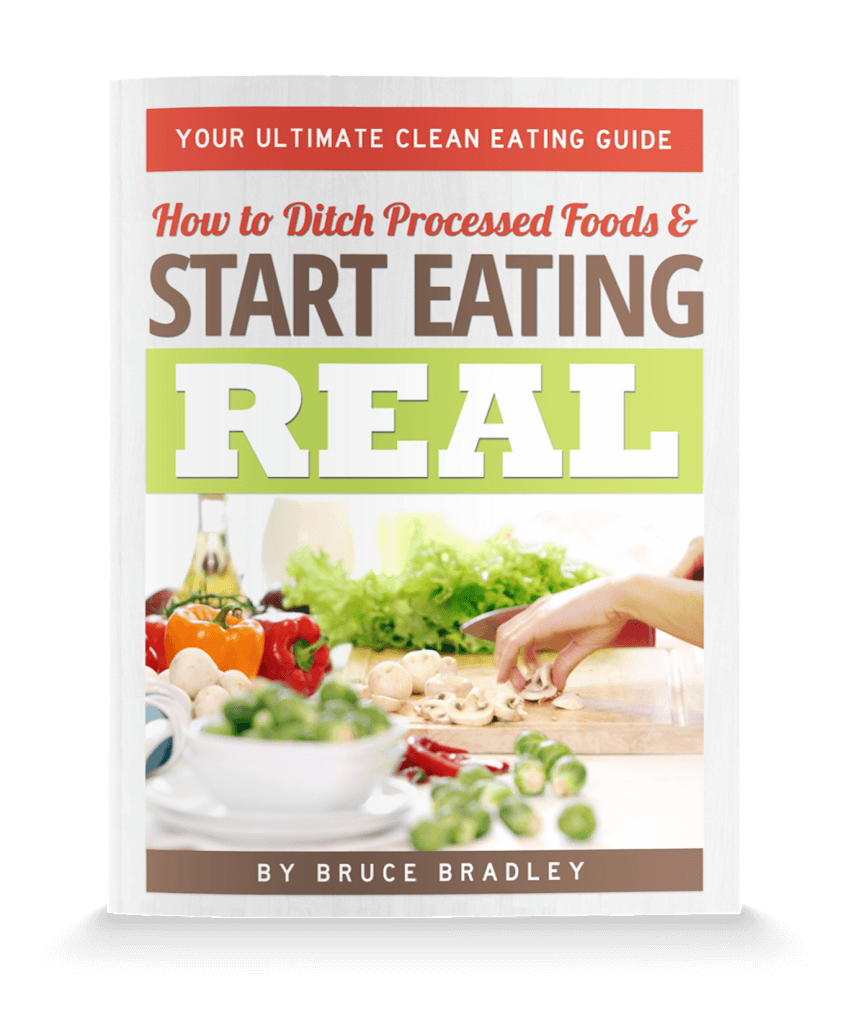
GET MY FREE BOOK NOW!
End the confusion! Learn what’s really in your food and how to take simple steps toward eating healthier!
EAT HEALTHIER TONIGHT!
If you enjoyed this article or recipe may I ask you a favor? Please share it with a friend. Why? Because together we can make a difference and help each other live happier and healthier lives. Thank you!
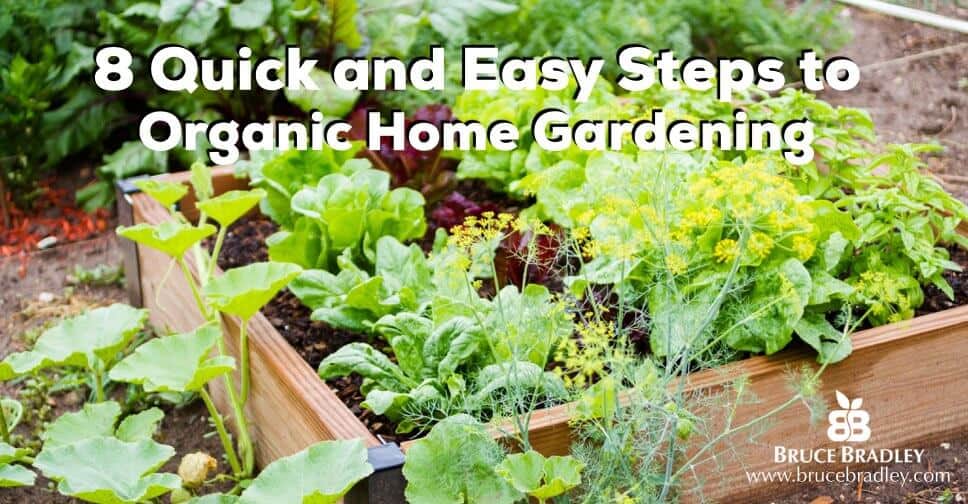
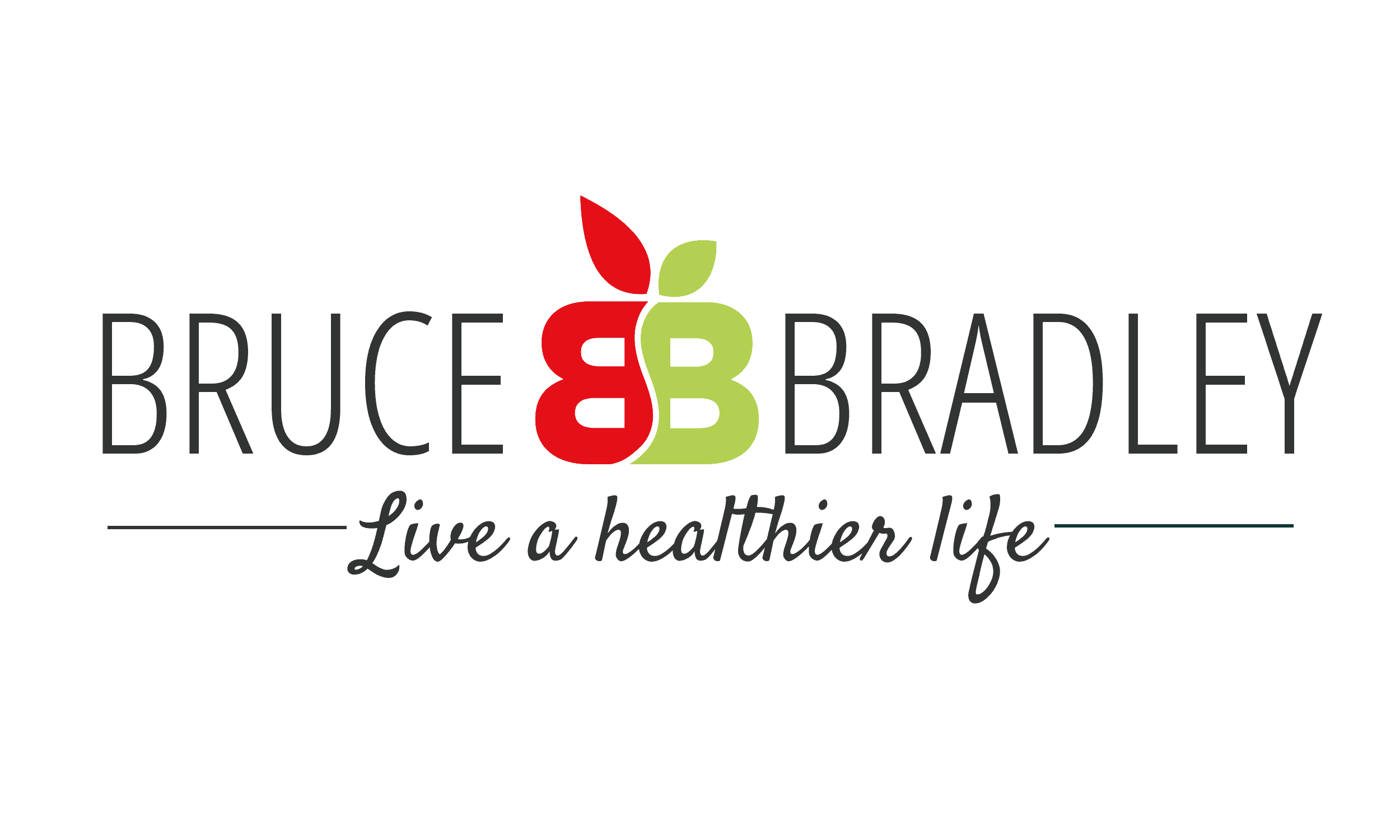

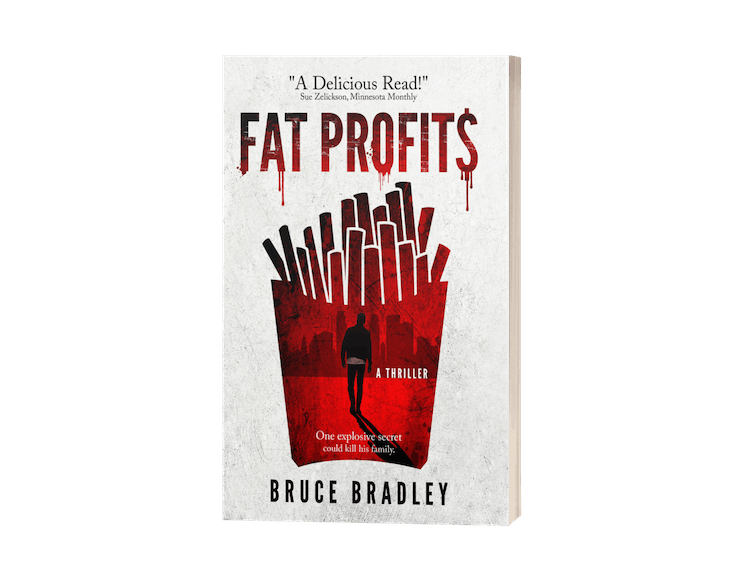
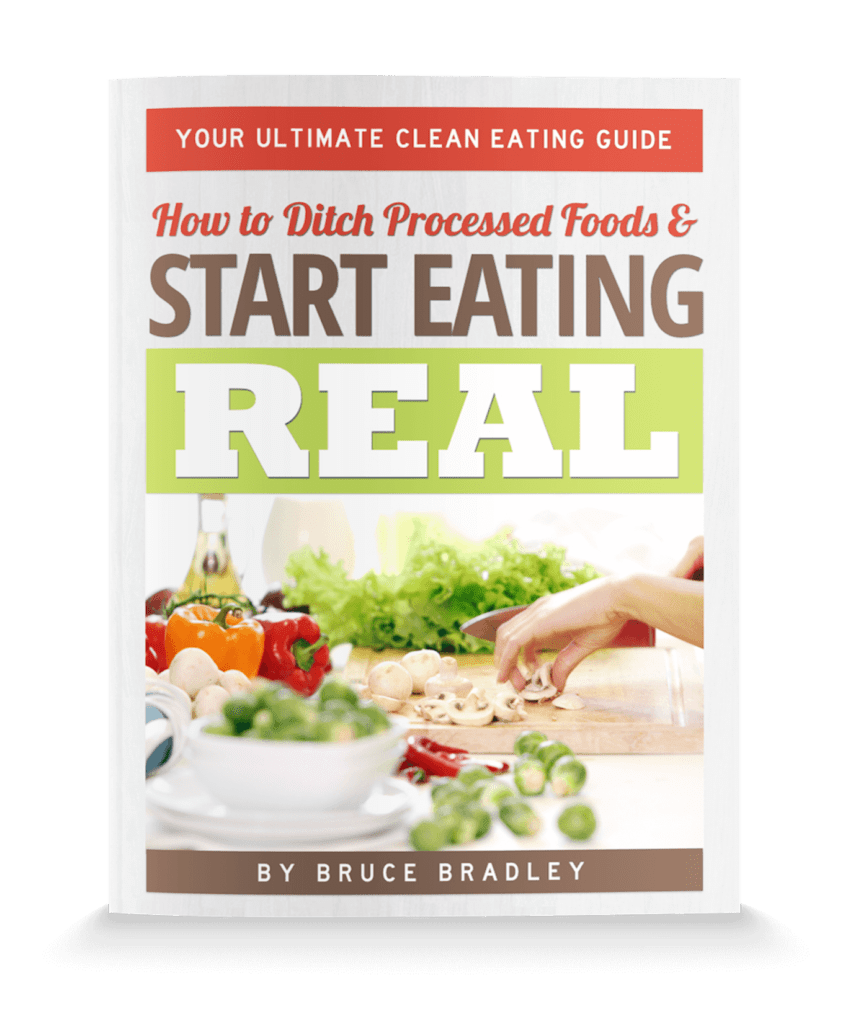
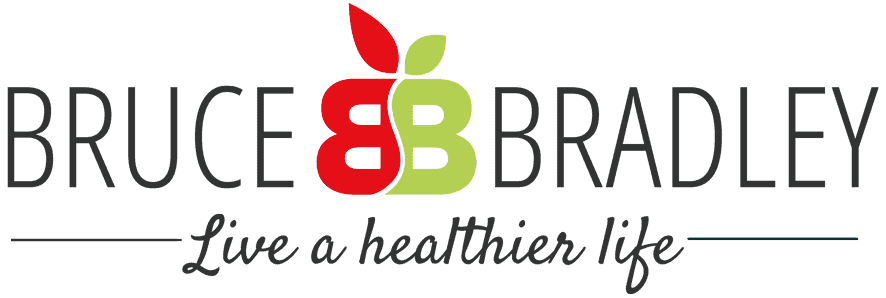
One Response
Thank you for these great tips and advices! We recently moved to our new house and the backyard is perfect for a little vegetable garden. I’ve always wanted to have such a garden, but I’ve never planted anything, but some herbs in a small container that now stays on the counter in my kitchen. Thanks to your steps I’m now aware what should I prepare for and what is expected of me to do. Greets!